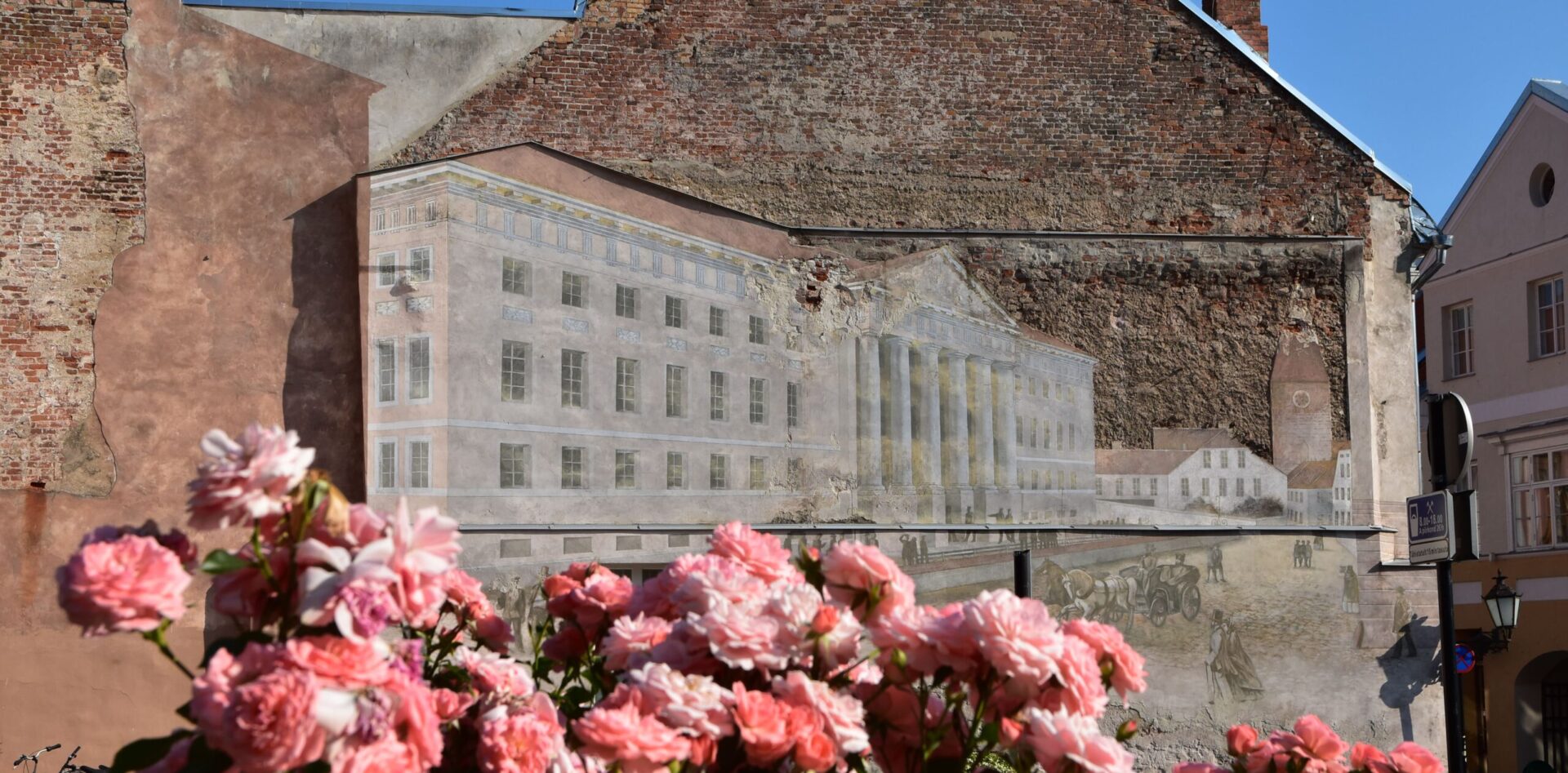
14th INTERNATIONAL CONFERENCE OF YOUNG FOLKLORISTS
About YOFO
On ‘Humility’ and Foregrounding the Vernacular
The theme of the 14th International Conference of Young Folklorists, held at the University of Tartu, Estonia, on September 25–26, 2025, represents the stance that Folkloristics has always embraced by centrally positioning a theory grounded in humility and inclusion: it is narrative and the stories that we tell and research that inform our methodological approaches. In a disciplinary landscape shaped by boundary-making—where the pursuit of a majestic, overarching theory has never been the folklorist’s perogative—this year’s conference theme invites new, tentative, and emerging voices to join ongoing discussions in contemporary folkloristic debates. Guided by Dorothy Noyes’ concept of humble theory (2016), which situates analysis in the “middle territory between grand theory and local interpretation,” the conference emphasises the importance of grounded, vernacular-focused research and invites participants to rethink the relationship between ethnography, theory, and the everyday practices of communities.
The Young Folklorists Conference began in 2011 as a one-day symposium featuring twelve presentations, organised by the Department of Estonian and Comparative Folklore and focused on the keywords of “Belief, Tradition, and Identity”. From these modest beginnings, it has since developed into a collaborative tradition. The second edition, hosted by the Institute of Lithuanian Literature and Folklore in April 2012, marked the beginning of a broader partnership that initially connected the Baltic states and, in more recent years, has also welcomed Finland into its circle. In 2022, the 11th edition of the Conference series was organised in Helsinki, and in Riga in 2023.
The 2025 conference seeks to address contemporary challenges in folklore research. In a digital world where algorithms, social media platforms, and AI mediate, articulate, and inform cultural expression, the vernacular becomes simultaneously more visible and more fragmented. How can we apply humble theory in these digital spaces? This focus is particularly important in an era where the pressures of interdisciplinarity and metrics-driven evaluation risk overshadowing the experiential, relational, and contextual knowledge that lies at the heart of our discipline.
By linking this year’s focus to the themes of everyday creativity and folklore’s role in social adjustment, the conference demonstrates how folkloristics can remain attentive to vernacular practices, listen carefully to them, and allow them to inform theoretical meaning-making. We hope that participants leave inspired to carry these conversations forward in their own research, shaping the future of our discipline through careful attention to the ordinary, the situated, and the creatively lived. This conference presents contributions that exemplify the application of humble theory in practice, including case studies, original research findings, and reflections on methodological challenges.
This year, we have 40 presentations covering a wide range of topics and multiple genres of folklore research. Our keynote speakers, Dorothy Noyes (Ohio State University) and Mariya Lesiv (Memorial University of Newfoundland) will deliver talks engaging with the precarities of crucial disciplinary issues and the ongoing contexts of war.
By-
Dr. Margaret Lyngdoh


